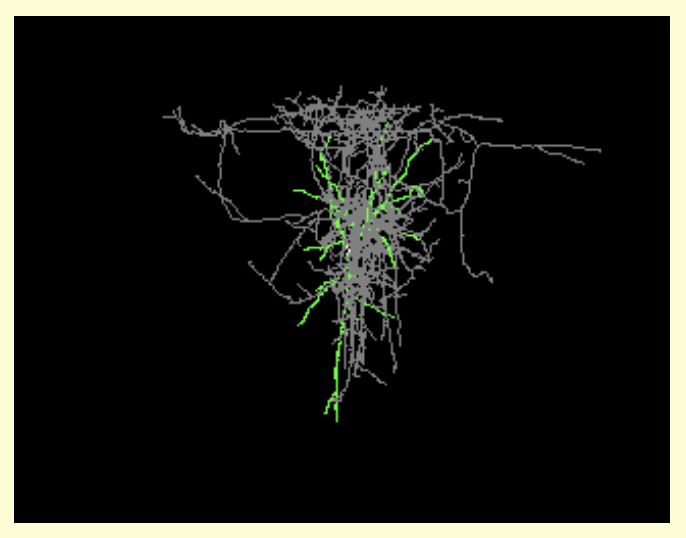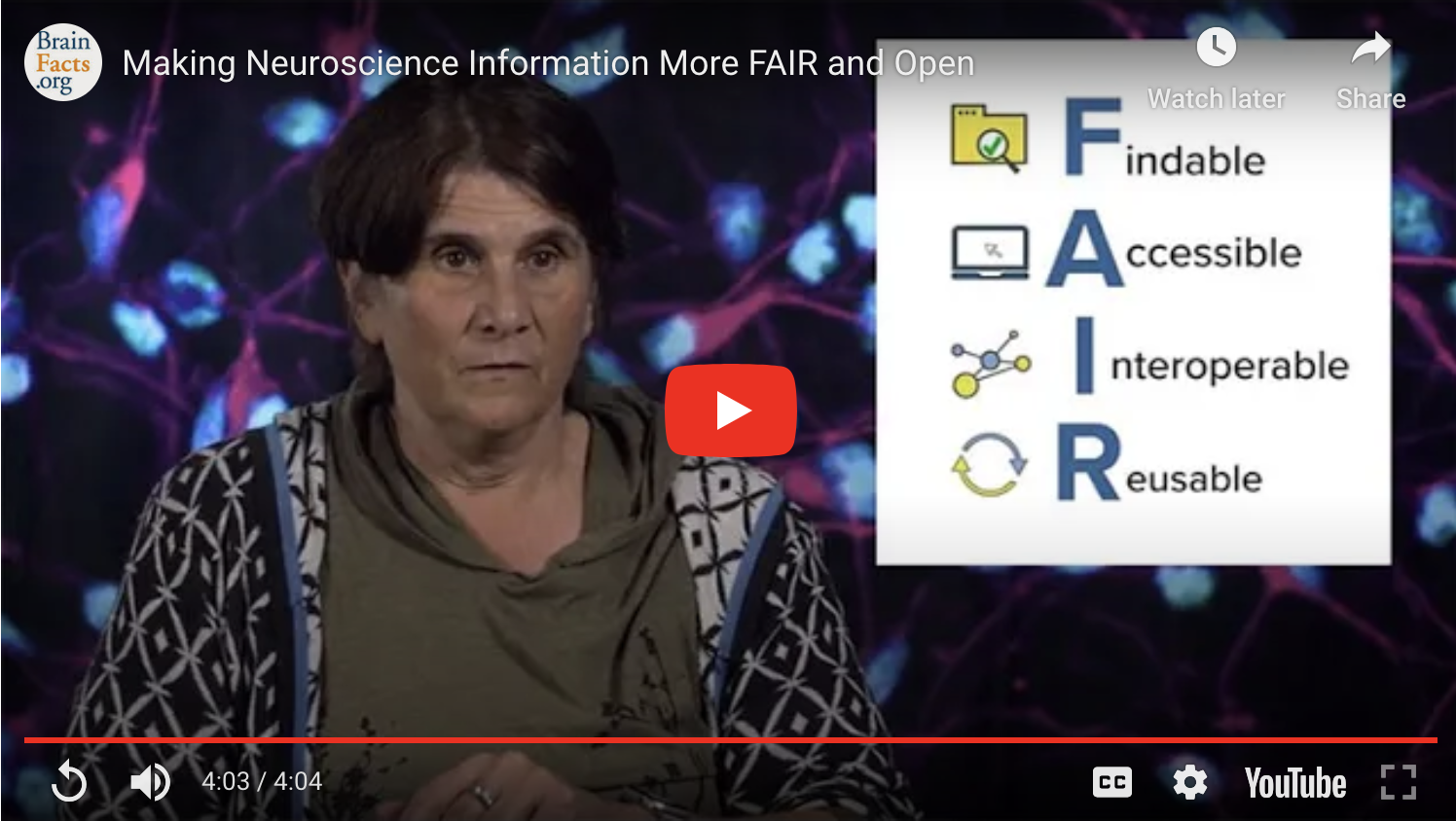URL: https://apps.childrenshospital.org/clinical/research/ingber/GEDI/samples.htm
Proper Citation: GEDI (RRID:SCR_008530)
Description: A program that opens a new perspective to the analysis of microarray data (e.g., gene expression profiling). Unlike traditional gene clustering software, GEDI is primarily sample-oriented rather than gene-oriented. By treating each high-dimensional sample, such as one microarray experiment, as an object, it accentuates the genome-wide response of a tissue or a patient and treats it as an integrated biological entity. Hence, GEDI honors the new spirit of a system-level approach in biology. Yet, it also allows the researcher to quickly zoom-in from global patterns onto individual genes that exhibit interesting expression behavior and retrieve gene-specific information. Therefore, GEDI unites a novel holistic perspective with the traditional gene-centered approach in molecular biology. GEDI allows experimental biologists or clinicians with no bioinformatics background to efficiently and intuitively navigate through a large number of expression profiles, each with a memorizable face, and inspect, group and collect them, like managing a stack of baseball cards. DYNAMIC ANALYSIS: The unique strength of GEDI, for which GEDI was originally developed, is that it can display the results of parallel monitoring of multiple high-dimensional time courses, such as the comparison of expression profile time evolution in response to a series of drugs. GEDI creates animated graphics showing how 10,000s of genes change their expression over time in response to 100s of separately tested drugs. STATIC ANAYLSIS: The signature graphical output of GEDI, the GEDI-mosaics provide a unique, one-glance visual engram that gives each microarray or other high-dimensional dataset a face. A characteristic of GEDI''s analysis is that it does not prejudicate any particular structure in the data (such as clusters or hierarchical organization). Thus, it allows the researcher to use human pattern recognition to perform a global first-level analysis of the data. Sponsor. The project was supported by the Air Force Office of Scientific Research and the National Health Institutes. It is distributed for free academic use by the Childrens Hospital, Boston.
Abbreviations: GEDI
Synonyms: The Gene Expression Dynamics Inspector, Gene Expression Dynamics Inspector
Resource Type: software resource
Expand AllWe found {{ ctrl2.mentions.total_count }} mentions in open access literature.
We have not found any literature mentions for this resource.
We are searching literature mentions for this resource.
Most recent articles:
{{ mention._source.dc.creators[0].familyName }} {{ mention._source.dc.creators[0].initials }}, et al. ({{ mention._source.dc.publicationYear }}) {{ mention._source.dc.title }} {{ mention._source.dc.publishers[0].name }}, {{ mention._source.dc.publishers[0].volume }}({{ mention._source.dc.publishers[0].issue }}), {{ mention._source.dc.publishers[0].pagination }}. (PMID:{{ mention._id.replace('PMID:', '') }})
A list of researchers who have used the resource and an author search tool
Find mentions based on location

{{ ctrl2.mentions.errors.location }}
A list of researchers who have used the resource and an author search tool. This is available for resources that have literature mentions.
No rating or validation information has been found for GEDI.
No alerts have been found for GEDI.
Source: SciCrunch Registry





